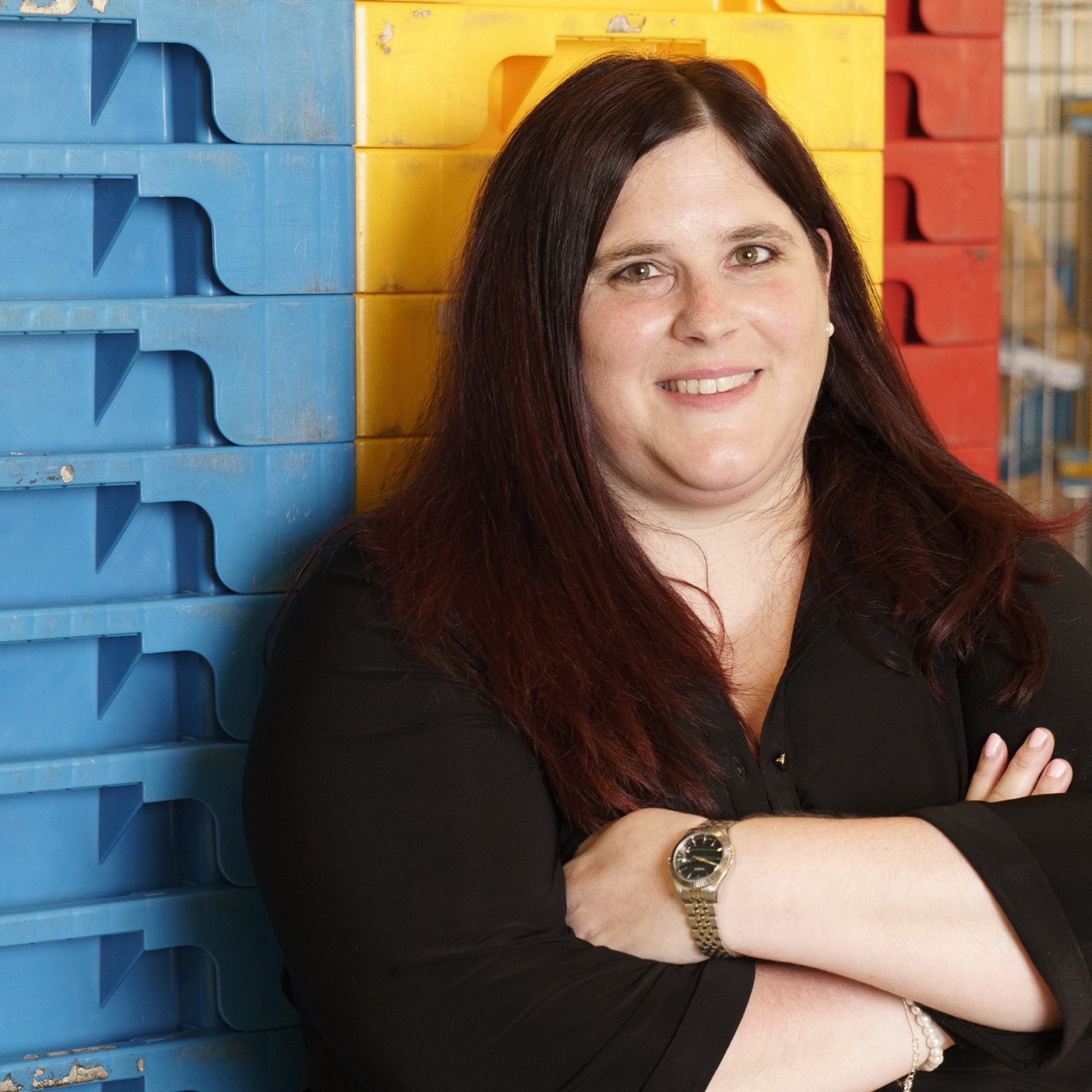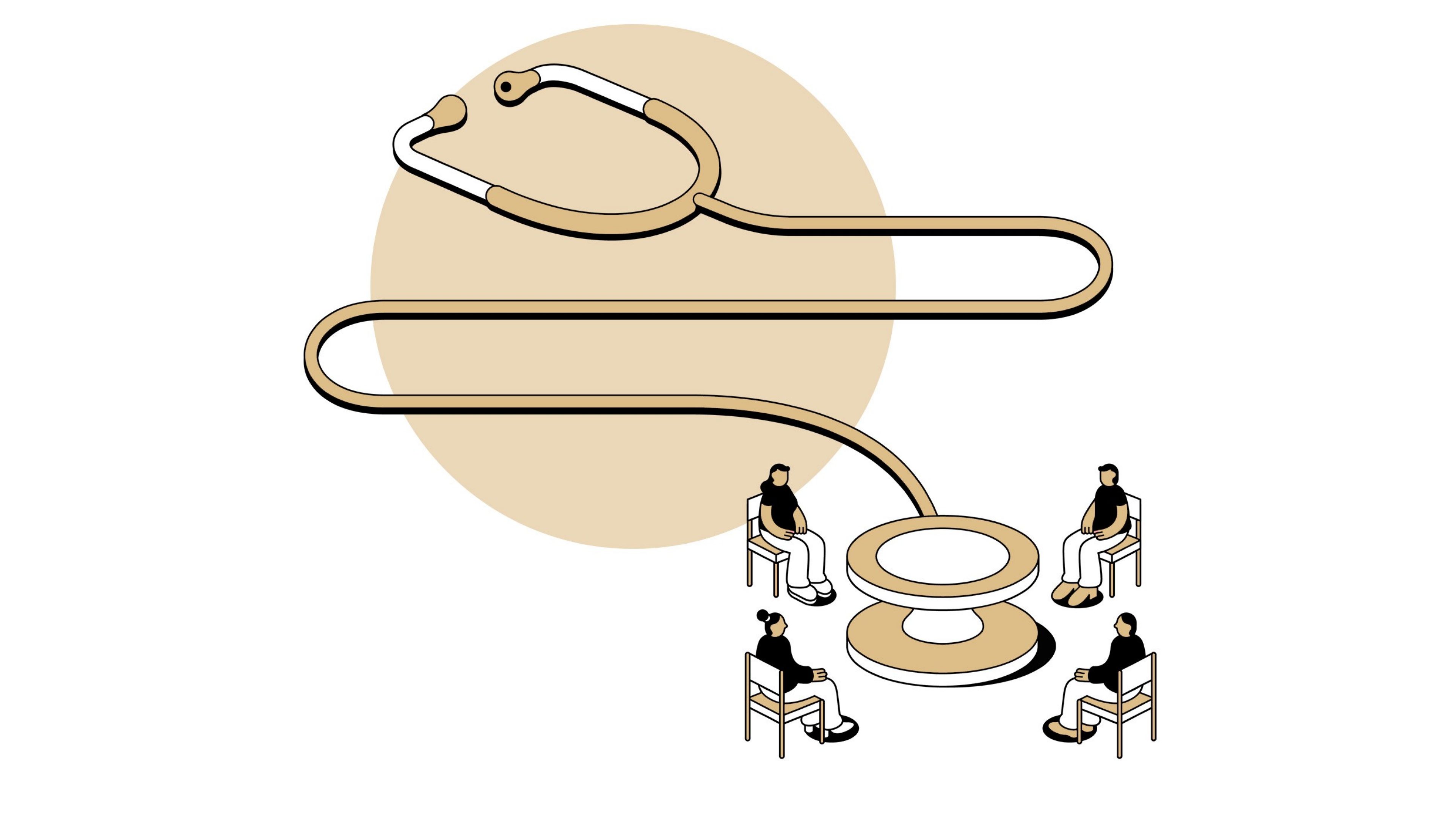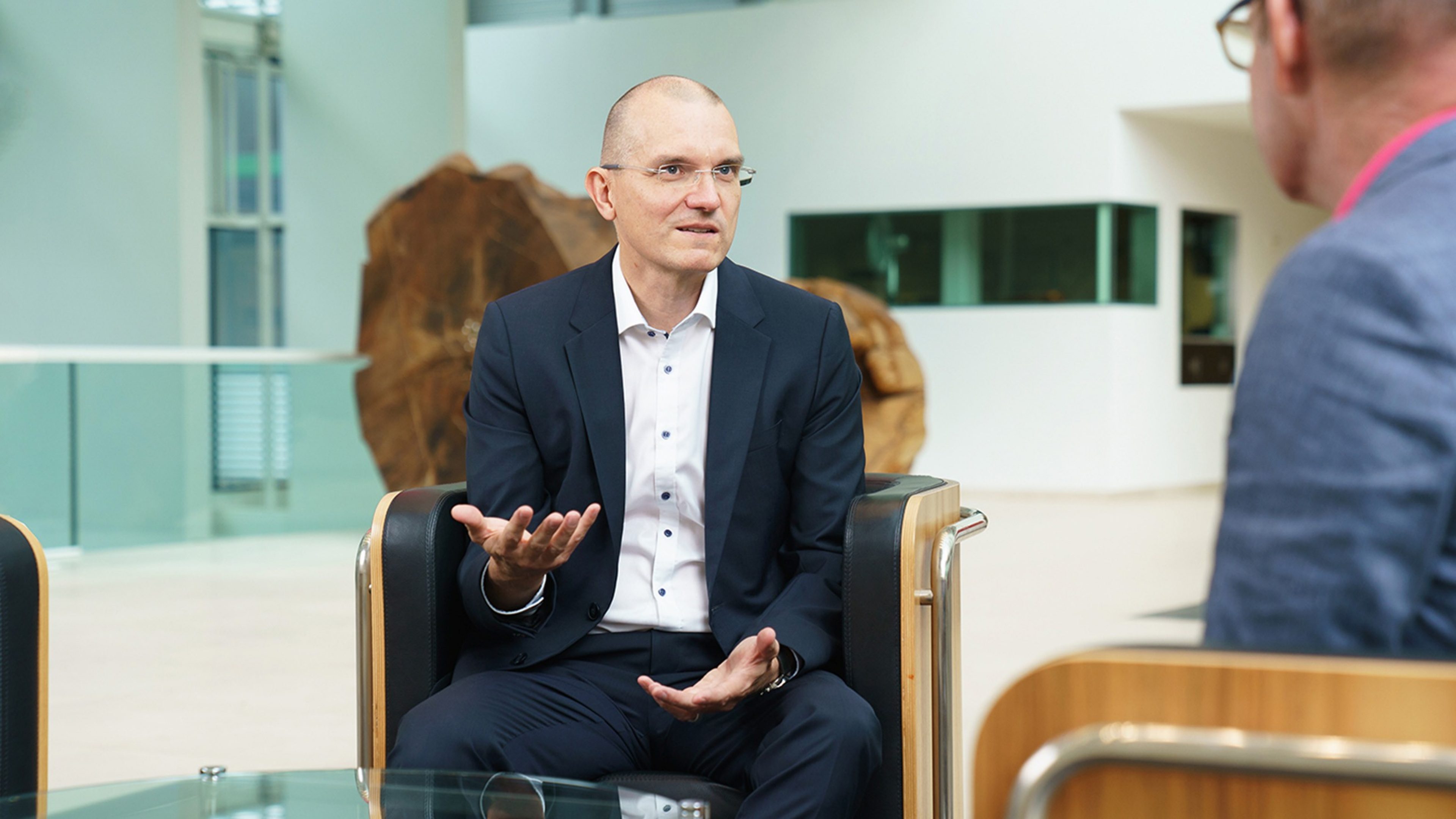When employees are frequently absent or absent for an extended period: two HR managers describe their situation and the specific measures taken – and how Swiss Life supported them.
Acquisition, growth, reorganisation: the company CEVA Logistics Services has faced major challenges in recent months. An absence management process was therefore required to provide more targeted support for employees in the event of illness and to help them reintegrate after a prolonged period of absence. The launch of the project proved difficult due to the complexity of the company and the takeover. HR manager Tamara Zollinger therefore made use of Swiss Life’s OHM services. “I received specific input, for example on the procedure or how direct line managers can be involved in these processes.” Swiss Life case manager Raquel Moreno supported her in several online meetings. Absence management has now been introduced and the process is being continuously adapted and refined. Return-to-work interviews are now held for absences of more than three days and managers have received the relevant training. “Employees are pleased to have our support. They trust us, approach us proactively and talk openly about what bothers them,” says Tamara Zollinger. “At the same time, we have a better understanding of their needs and are able to give them more targeted support.”

The occupational health management services also include support for individual cases of illness, such as in the case of the company SensoPLUS, where market research and HR manager Samira Freund needed to manage a prolonged absence due to illness. The SME employs around ten people – absences are challenging and often affect the entire team. Freund attended an OHM workshop at Swiss Life and discussed the situation with course instructor Raquel Moreno. Moreno immediately found a suitable case manager who provided support throughout the entire process – from the moment of absence to reintegration: “She helped me with formalities such as registering for disability insurance and the exemption from pension fund premiums,” says Samira Freund. “I was glad to have a skilled specialist by my side who knows how to handle such situations.” At the same time, the case manager also met with the employee concerned and was in contact with the doctors.

In Switzerland, full-time employees miss almost two working weeks per year on average due to illness or accident. This number has risen continuously in recent years and the latest government figures for 2022 represent a new high. This makes it all the more important for companies to address the issue of occupational health management (OHM) with the aim of designing operational structures and processes in a way that promotes health. OHM advice at Swiss Life is a free service offered in conjunction with our pension solutions.

Illustrations: Till Lauer



